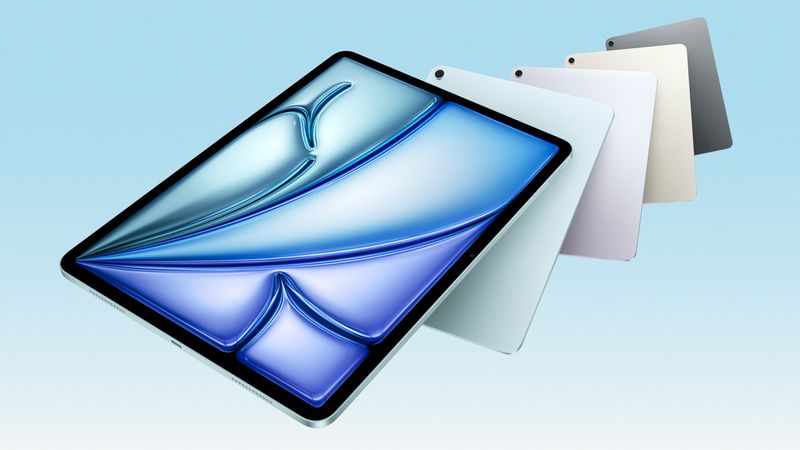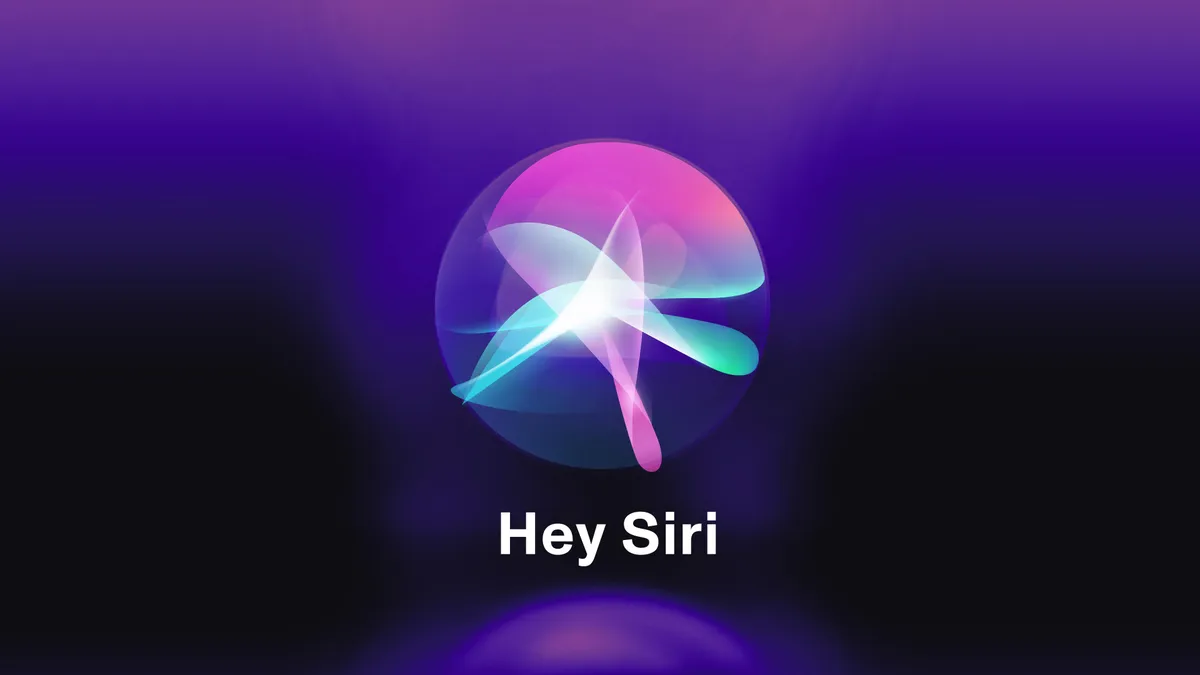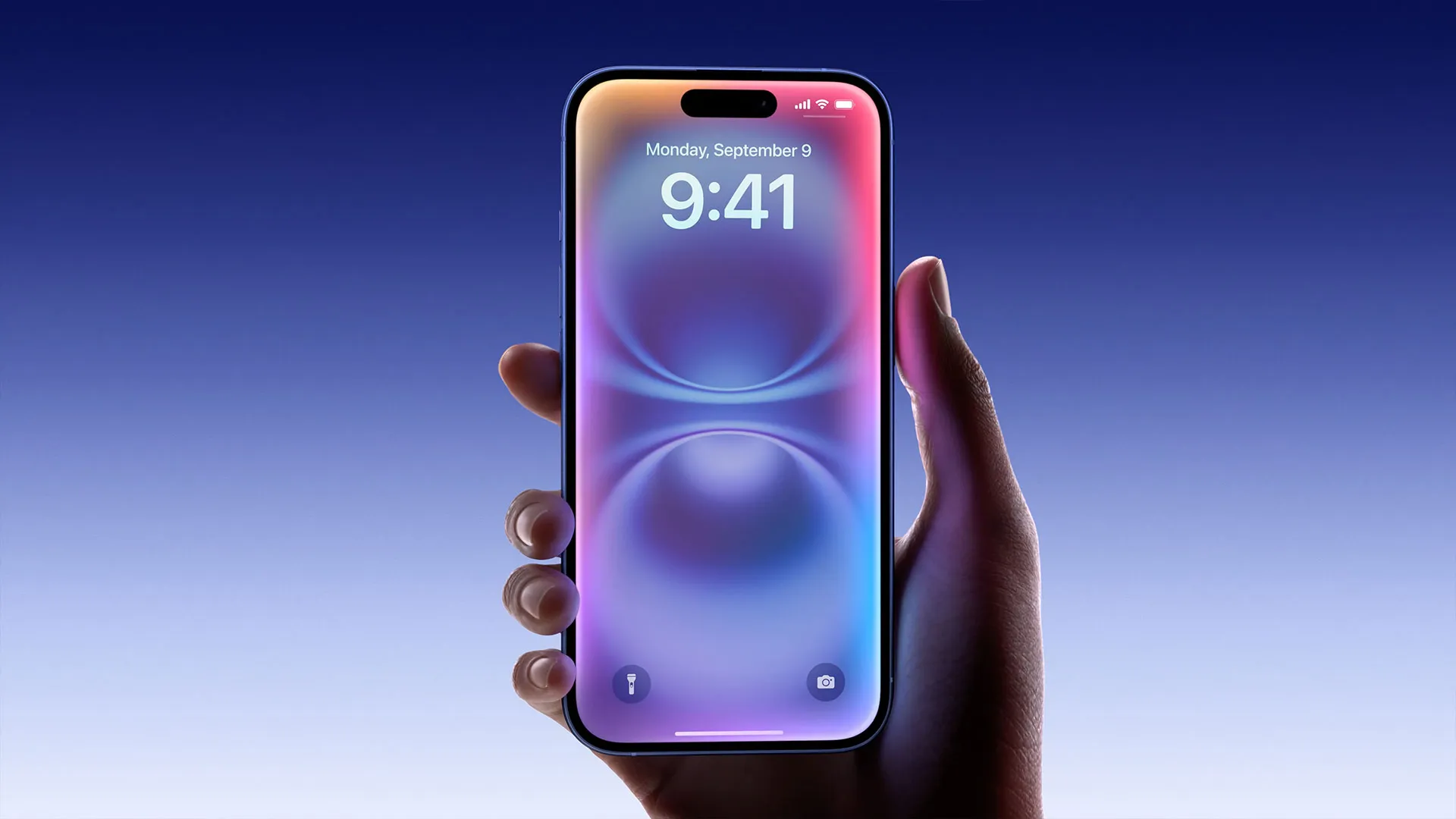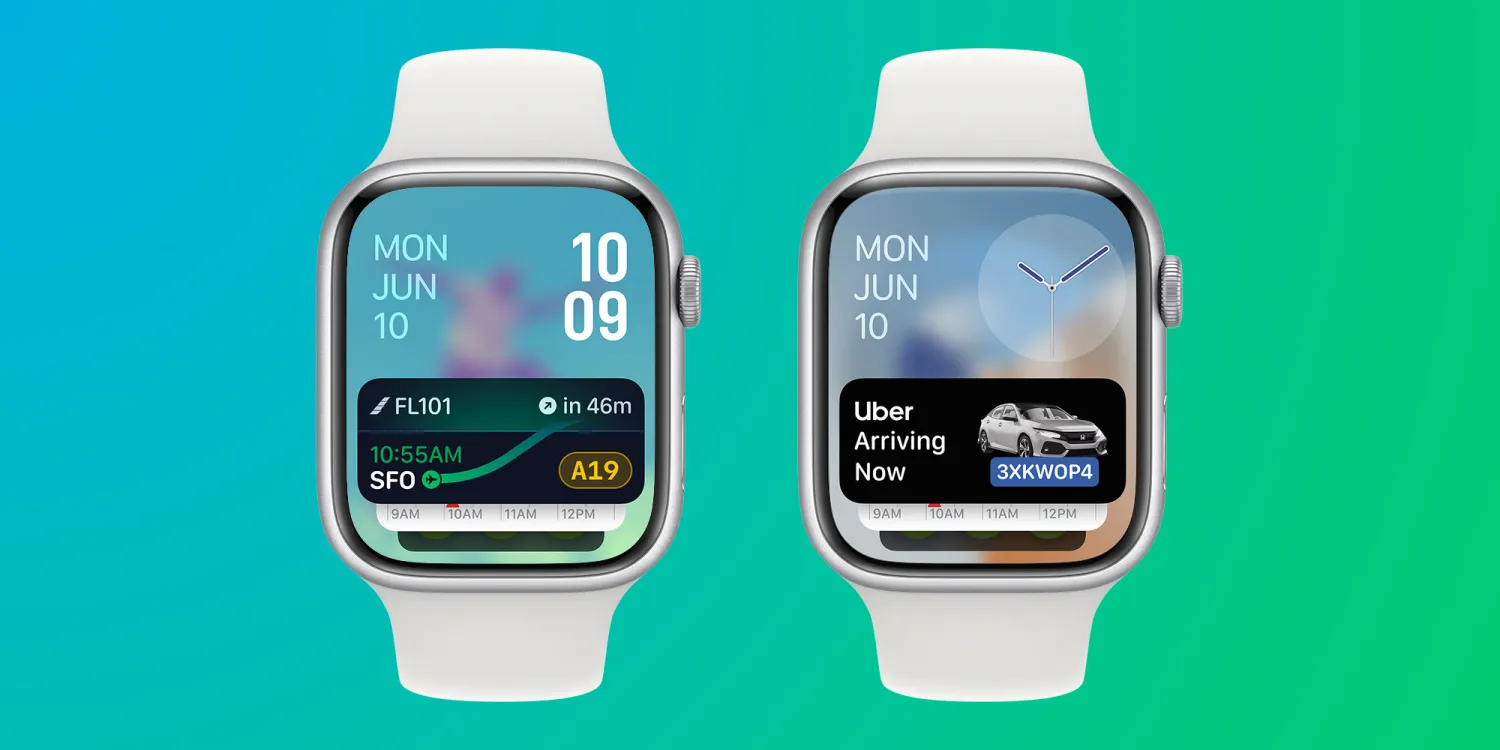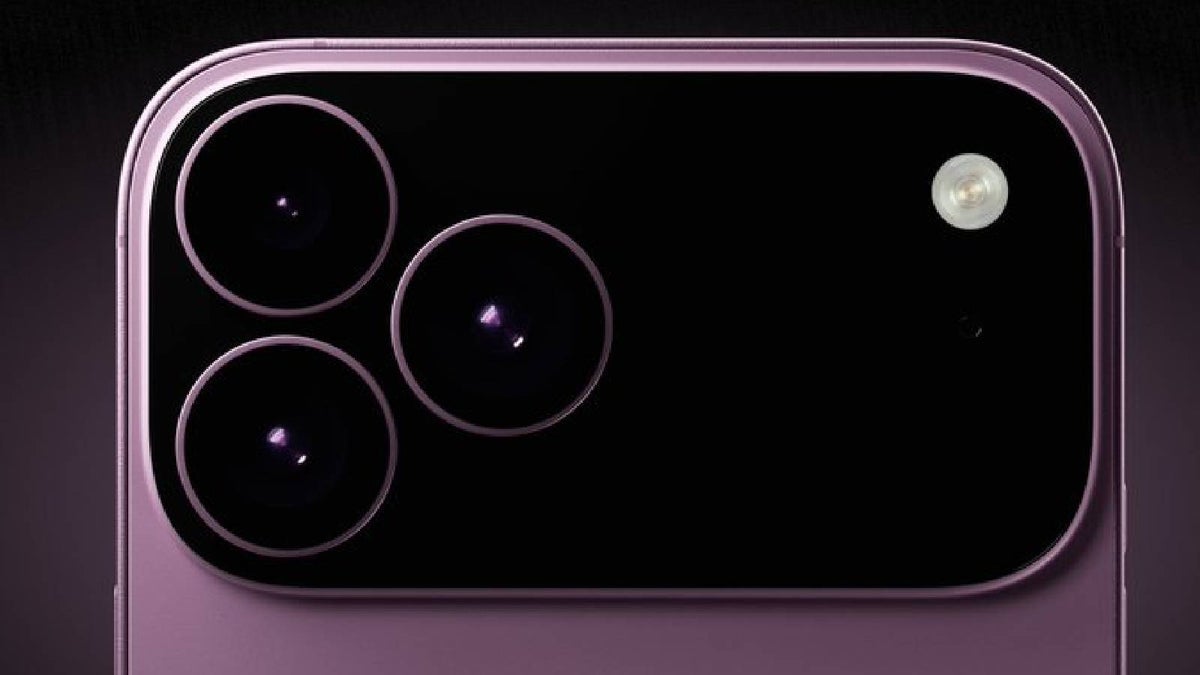The new M2 iPad Air, announced by Apple earlier this month, is already showing some exciting capabilities. A developer named @imbushuo has managed to get Windows 11 running on the iPad Air with the help of the UEFI-based open-source tool called Project Sandcastle.
This setup works because the M2 chip in the iPad Air uses the same arm64 architecture that Windows 11 supports. That means the operating system can run on the device without needing to be fully changed. However, it still needs tweaks and technical steps to get everything working smoothly.
In a shared video, the iPad Air is seen running Windows 11. While not everything works perfectly, like Wi-Fi and touchscreen input, many core features are functional, showing that the tablet can handle a desktop OS like Windows.
This isn’t the first time developers have experimented with running non-Apple systems on Apple devices. The same project, Sandcastle, has been used before to bring Android and Linux to iPhones and iPads. This latest test with Windows 11 on the M2 iPad Air proves how flexible and powerful Apple’s new chips are.
While it’s not something regular users would do, it shows the iPad has strong potential for more than just iPadOS, especially in the hands of tech-savvy developers.
